For decades, our community has drawn strength and empowerment from the understanding that we have a beautiful history outside of our collective enslavement and oppression. Black parents and elders frequently encourage younger generations to draw on the power of the great African kings and queens that we herald from. This narrative has become integral to our culture's strength as well as our sense of pride, beauty and self-determination. But who are these Black royals that we speak about?
The history that has been presented to our people has been distinctly whitewashed, often omitting the documentation and portrayal of the profound effect ancient African leaders have had on the Mother Continent as well as within its surrounding regions. Because of this, it has become even more imperative that we, as a people, tell our own story and preserve our own heritage. Below, we highlight 8 dope African queens who were fierce in their own right and whose shoulders we proudly stand on today.
Nefertiti of Ancient Egypt
Egypt, 1353–36 BC

Queen Nefertiti, the wife of King Akhenaton, is one of the most well-known ancient queens. Her beauty and grace have become a standard bearer throughout history. Under her and her husband's helm, they shifted the viewpoints of religion, influencing the practice in monotheism, the belief in only one God. Although her documented presence has been lost, her legacy is still respected and admired today.
Amina of Zaria
Nigeria, 1533-1610
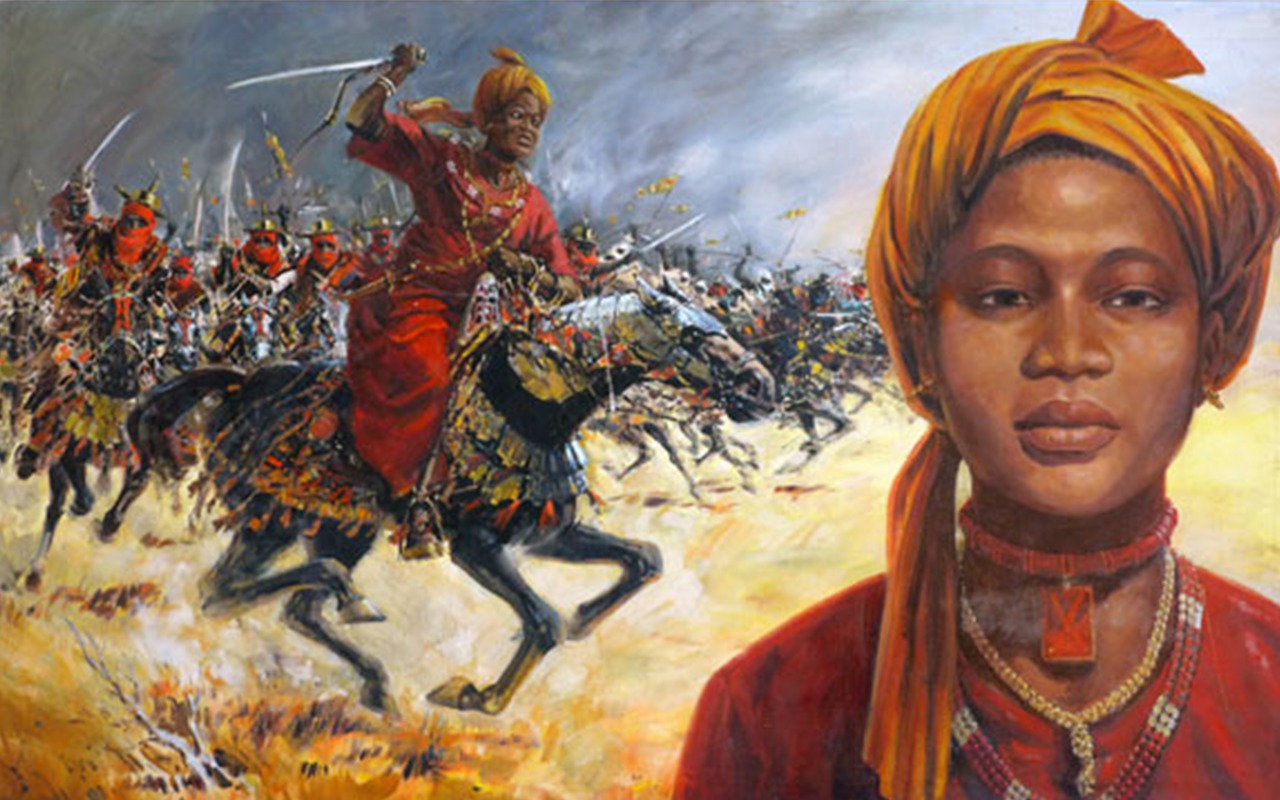
Known as the "Warrior Queen," Queen Amina is known as the first queen of a male-dominated society. She made history for expanding the territory of the North African Hausa people. Diverging from her father's peaceful practices, Amina harnessed her arsenal of military skills with the Zazzau cavalry, later becoming their leader. After being appointed as ruler in 1576, she returned to the battle field and fought to her death in 1610.
Yaa Asantewaa of the Ashanti Empire
Present day Ghana, c.1840-1921

Queen Yaa Asantewaa was Queen Mother of the Ashanti Kingdom and was responsible for presiding over the Golden Stool, which established power, culture and stability within the land. As Queen Mother, she held the second highest position within the empire. Her leadership and advocacy of women in power permeated throughout the kingdom, challenging archaic gender roles.
Kandake Amanirenas of the Kingdom of Kush
Egypt, c. 40 BC - c. 10 BC
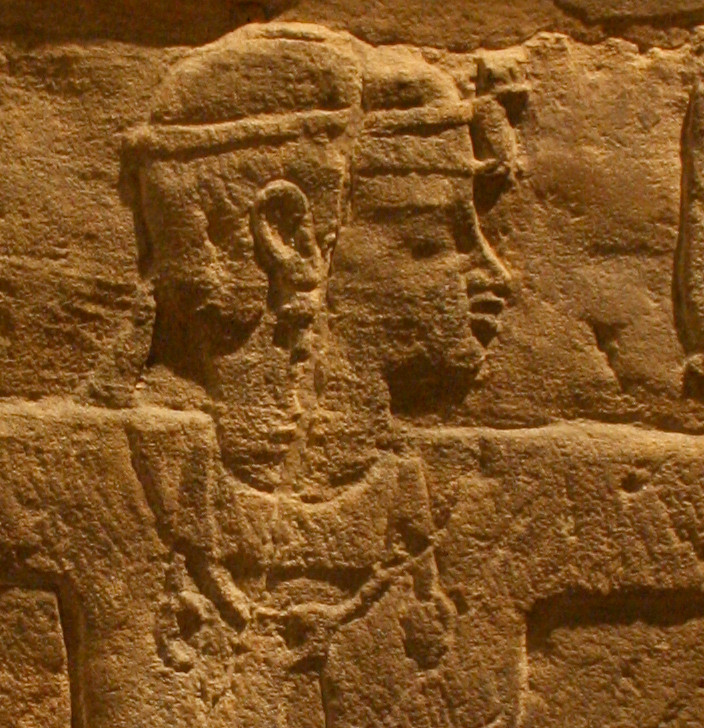
Queen lKandake Amanirenas' legacy was cemented due to her skillful defense against the Roman empire. She was the second of the eight Kandakes, or Queen Mothers of the ancient African Kingdom of Kush (which is now South Sudan). Her heroism and leadership is well-documented in ancient hieroglyphics.
Ana Nzinga of Mbande Ndogo
Angola, 1583-1663
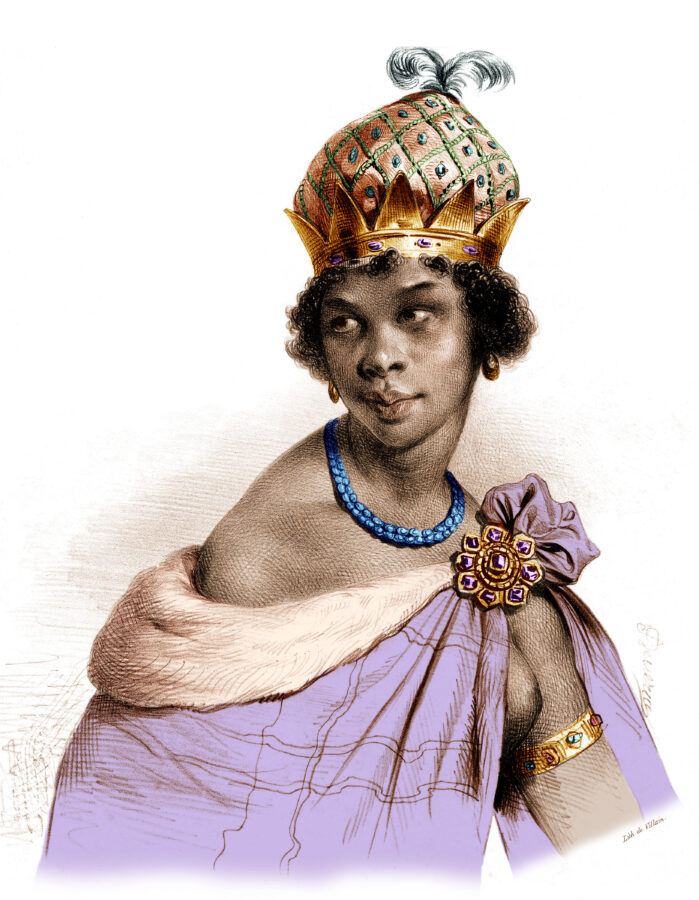
A politician, diplomat and military leader, Queen Nzinga was monumental in her land's (now known as Angola) resistance of Portuguese influence, which prevented excessive slave raids. Due to her eloquence as a negotiator, she developed a robust roster of allies and successfully worked toward the liberation of Angola until her death in the 17th century.
Nandi of the Zulu Kingdom
Zulu Nation, 1760-1827
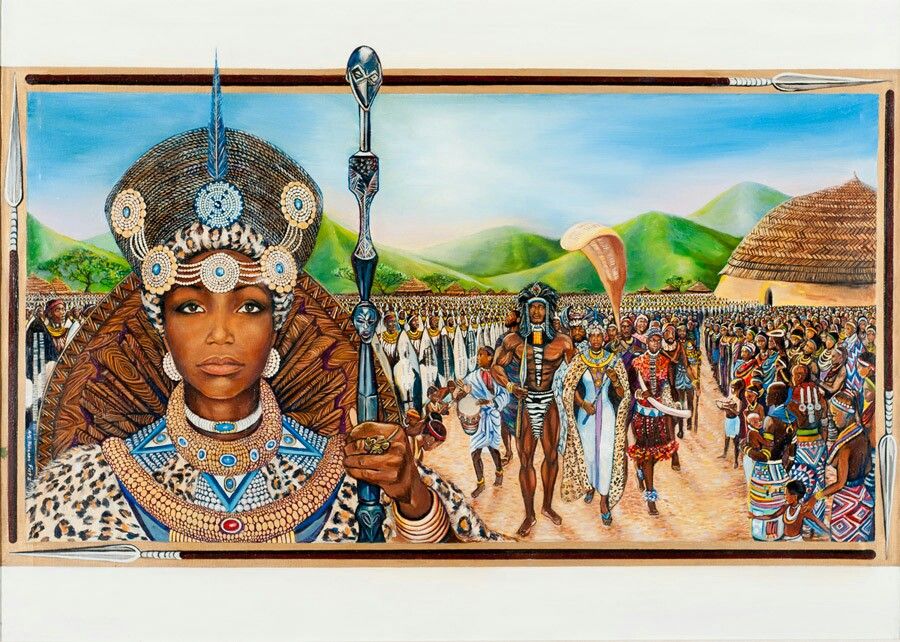
Queen Nandi is the mother of the notable warrior and Zulu king Shaka Zulu. She raised her son to be the legendary champion that he became to be. Although she was shamed for having her son out of wedlock, she became an advisor to the king and Queen of Zululand. She is lovingly referred to as a great leader as her son. To this day, she is deeply revered and admired on the Mother Continent.
Makeda of Ethiopia (or the Queen of Sheba)
Ethiopia, c. 10th Century BCE
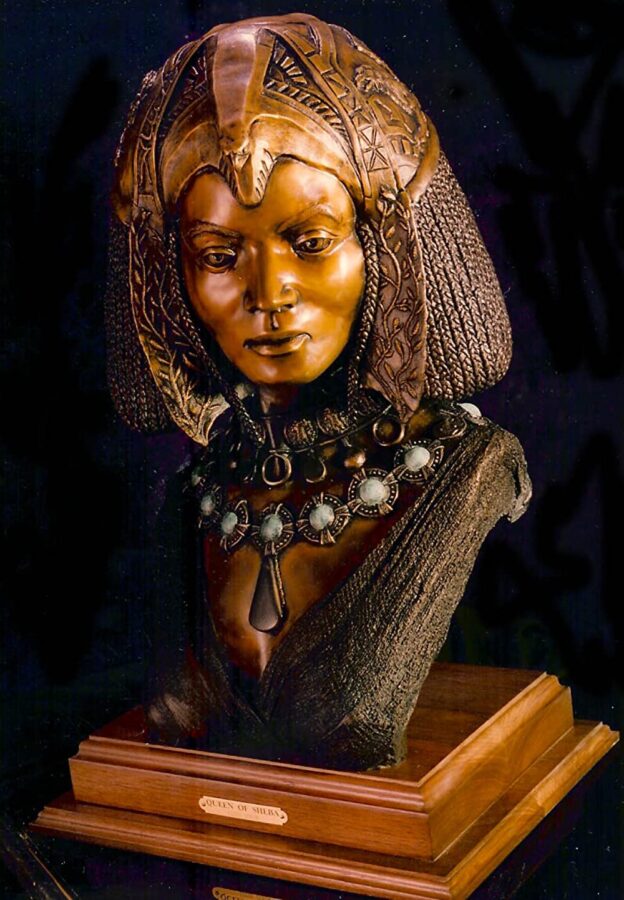
The Queen of Sheba was first referenced in the Hebrew bible and later in the Islamic Qur'an. Although not much is know or has been verified about her existence, she was known for her splendid gifts and intelligence. Her union with King Solomon in the Hebrew Bible established an extremely powerful rule.













